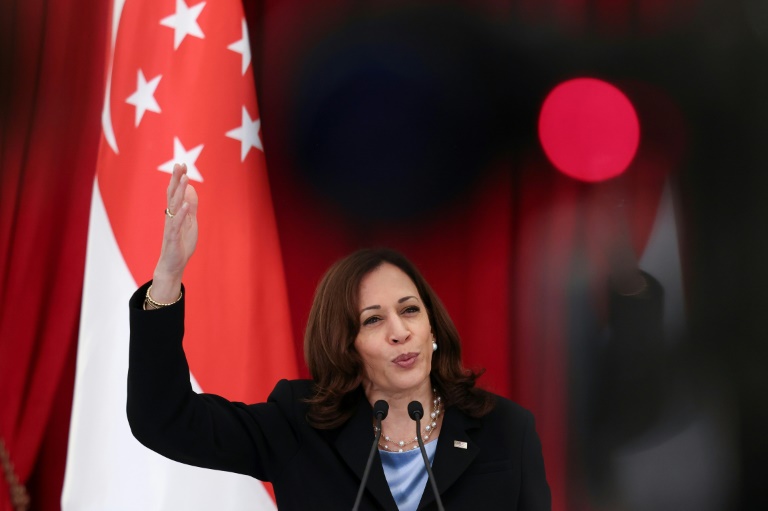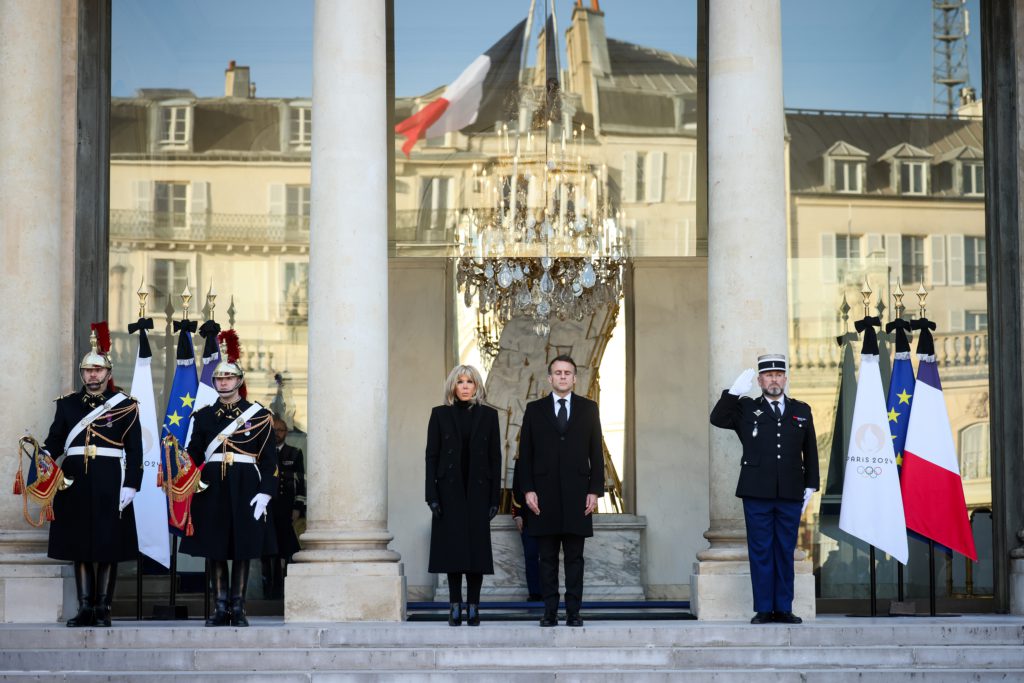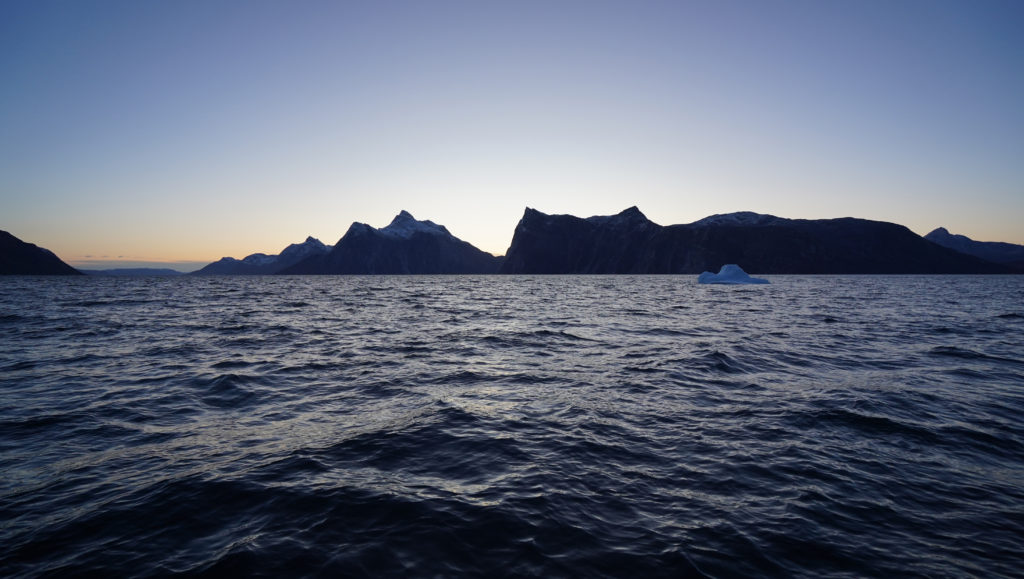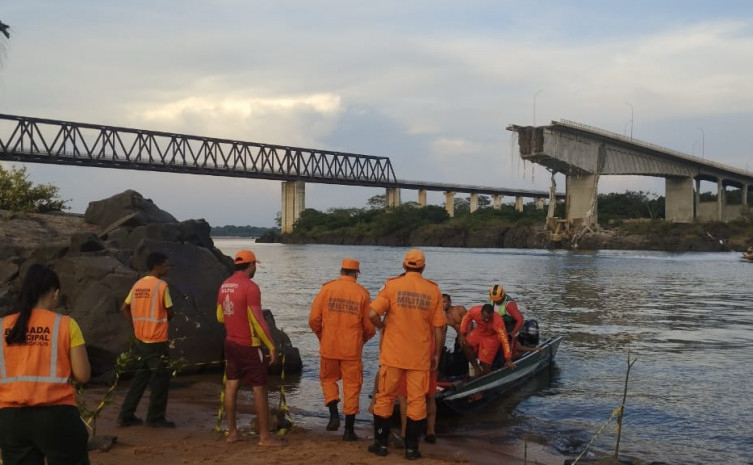Vice President Kamala Harris vowed “enduring engagement” in Asia on Monday, offering reassurances of Washington’s commitment to the region following the United States’ withdrawal from Afghanistan and the Taliban takeover.
The hardline Islamists’ swift return to power a week ago, and desperate scenes of thousands trying to flee, have cast a shadow over the United States’ status as a global superpower.
But on a visit to Singapore, her first stop on a trip that will also include Vietnam, Harris repeatedly insisted that Washington could be depended on.
“Our administration is committed to enduring engagement in Singapore, into Southeast Asia and the Indo-Pacific,” Harris told a press conference alongside Singapore’s leader.
“The reason I am here is because the United States is a global leader, and we take that role seriously.”
But she dodged questions about whether US credibility had been damaged by the Afghan debacle, saying only her government’s focus was on “evacuating American citizens, Afghans who worked with us and vulnerable Afghans, including women and children”.
Prime Minister Lee Hsien Loong welcomed the vice president’s reassurances and said Singapore was offering a military aircraft to help in the chaotic evacuation from Kabul airport overseen by the US army.
But he also expressed hopes that “Afghanistan does not become an epicentre for terrorism again”.
US President Joe Biden’s administration is seeking to reset relationships in Asia after the turbulent Trump era, and project Washington as a stabilising force in the face of growing Chinese aggression.
But analysts say the seizure of power by the Taliban, notorious for their brutal 1996-2001 rule, and rapid collapse of US-trained Afghan forces have caused fresh concerns about US dependability.
– ‘Rules-based international order’ –
Harris is also facing criticism for being tone-deaf in going ahead with a visit to Vietnam as US forces struggle to evacuate tens of thousands of people.
The crisis has prompted comparisons with the trauma of 1975 in Saigon, when US helicopters ferried final evacuees from the embassy roof, as Viet Cong troops advanced.
But US officials insist the trip was planned long before the Afghan crisis and is focused on Washington’s broader strategic goals in Asia.
Southeast Asia is seen as critically important at a time China is challenging US political sway and naval dominance in the region.
Washington has repeatedly criticised Beijing’s expansive claims to almost the entire flashpoint South China Sea, which overlap with claims of several Southeast Asian states and Taiwan.
At Monday’s press conference, Harris reiterated US commitment to “uphold the rules-based international order and freedom of navigation, including in the South China Sea”.
After arriving at the weekend, Harris began her official engagements Monday by holding talks with Lee as the United States and Singapore signed agreements on combating cyber threats, climate change, and the coronavirus pandemic.
She was also formally welcomed at the president’s official residence, inspected a guard of honour and was presented with an orchid named after her, a typical honour for a visiting dignitary.
Later, she will visit Changi Naval Base and address US sailors aboard the visiting USS Tulsa.
On Tuesday, she will give a speech laying out Washington’s vision for the region and meet with business leaders to discuss supply chain issues, particularly a microchip shortage that has hit the auto industry.
She departs for Hanoi on Tuesday evening.










